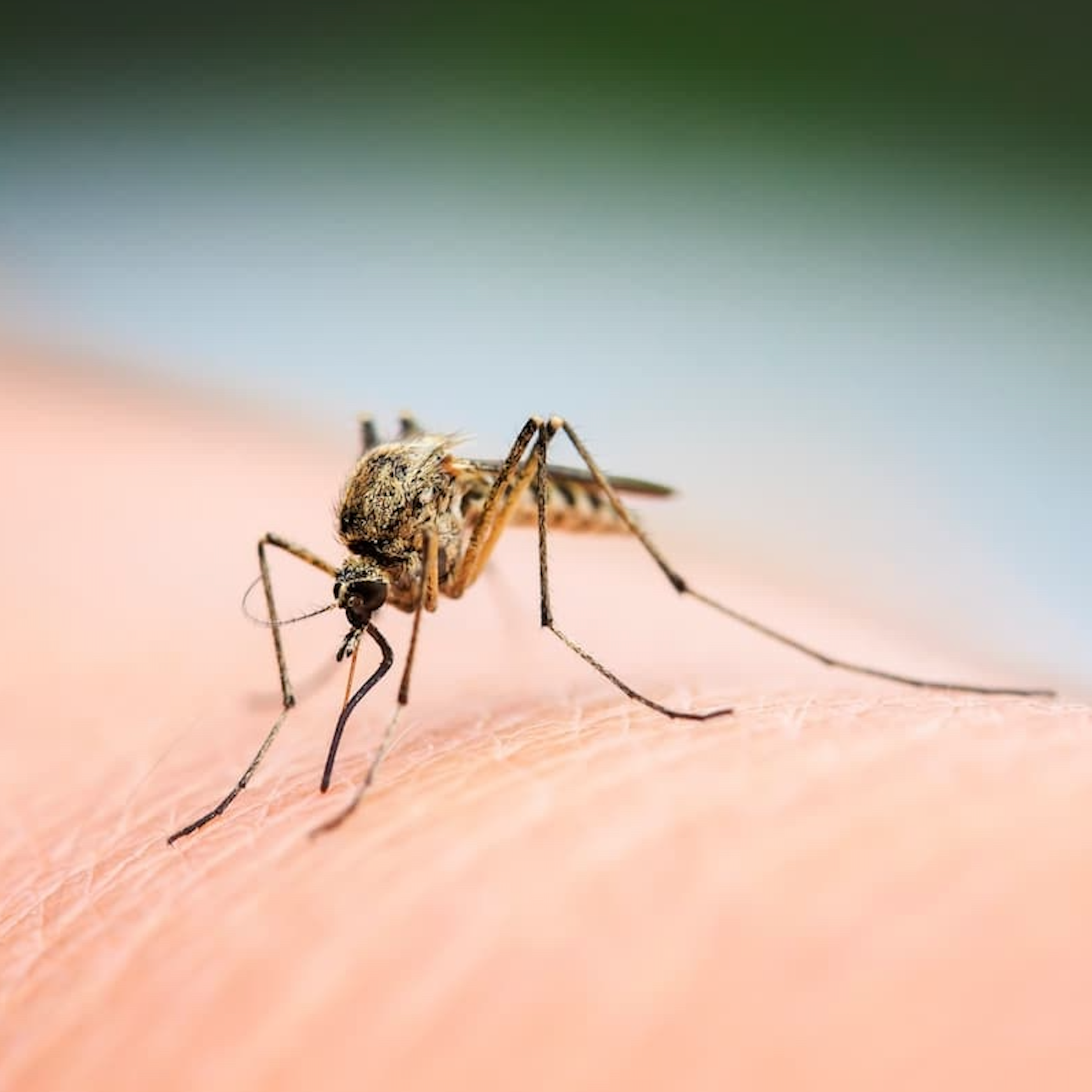FDA Suspends Ixchiq Chikungunya Vaccine Over Safety Risks
The FDA has suspended the license for Ixchiq, a live chikungunya vaccine, after reports of severe side effects including hospitalizations and deaths.
By
Lana Pine
| Published on August 25, 2025
3 min read
Credit: Adobe Stock/nataba

On August 22, 2025, the U.S. Food and Drug Administration (FDA) announced that it has suspended the license for Ixchiq, a live chikungunya vaccine made by Valneva Austria GmbH. This vaccine, approved in November 2023 under the FDA’s accelerated approval pathway, was designed to protect adults 18 and older at risk of exposure to chikungunya virus (CHIKV), a mosquito-borne illness characterized by sudden fever, joint and muscle pain, and rash. However, new safety data have raised serious concerns, leading the FDA’s Center for Biologics Evaluation and Research (CBER) to determine that the risks of the vaccine outweigh its benefits.
Why the Suspension Happened
Ixchiq contains a live, weakened version of the chikungunya virus. While this approach can help the body build immunity, it also means the vaccine can sometimes cause illness similar to chikungunya itself. Since its approval, there have been multiple reports of serious adverse events, including:
- More than 20 cases of chikungunya-like illness in vaccine recipients
- 21 hospitalizations linked to the vaccine
- 3 reported deaths, including one case of encephalitis where testing confirmed the vaccine strain was responsible
Because confirmatory clinical studies have not yet proven Ixchiq’s effectiveness, the FDA concluded that its potential benefits do not outweigh the risks.
Earlier Safety Warnings
This decision follows a series of warnings and restrictions throughout 2025. In May, the FDA and the Centers for Disease Control and Prevention (CDC) jointly recommended pausing use of Ixchiq in adults 60 and older after reports of serious neurologic and cardiac events. In August, the FDA updated the vaccine’s label to reflect these risks, especially in adults over 65 with chronic conditions. The vaccine’s original approval in 2023 already included warnings about possible severe or prolonged chikungunya-like reactions.
What Patients Should Know
If you or someone you know has recently received Ixchiq, be aware of possible symptoms that mimic chikungunya infection, such as fever, joint pain, muscle aches and rash. More severe complications may involve the nervous system (such as encephalitis) or the heart. Anyone experiencing concerning symptoms after vaccination should seek medical care immediately.
“As we determine potential next steps, and as the clear threat of chikungunya continues to escalate globally, Valneva remains fully committed to maintaining access to our vaccine as a global health tool for addressing and preventing outbreaks of this devastating illness,” Thomas Lingelbach, Valneva’s chief executive officer, said in a statement.
The FDA and CDC will continue monitoring vaccine safety through the Vaccine Adverse Event Reporting System (VAERS). Patients and health care professionals are encouraged to report any suspected side effects.

